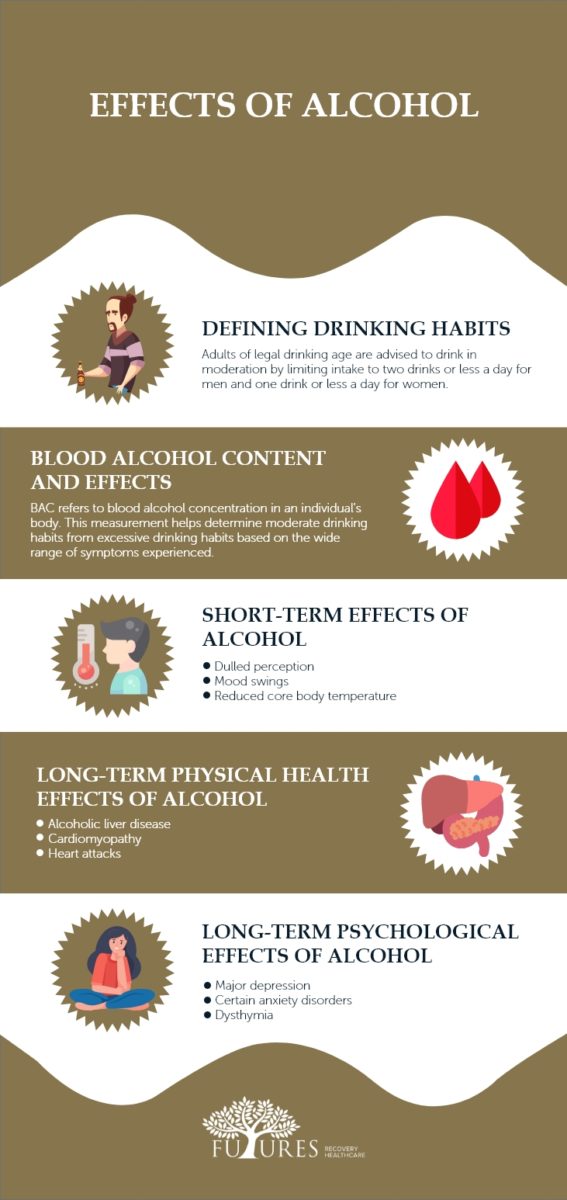Discover the surprising factors that affect your alcohol tolerance and why two drinks can hit everyone differently. Stay informed!
Table of Contents
Alcohol has been a part of human culture for thousands of years, with its effects on the mind and body fascinating individuals throughout history. One common question that often arises is: How many beers does it take to get drunk? The answer isn’t as straightforward as one might imagine. The number of beers needed to reach a state of intoxication can vary greatly depending on individual factors, including metabolism, tolerance levels, and other influencers.
Alcohol Metabolism
When you consume alcohol, your body goes through a complex process of breaking it down. The liver is primarily responsible for metabolizing alcohol, converting it into acetaldehyde and then into acetic acid before it is finally eliminated from the body. Various factors can influence the rate at which alcohol is metabolized, such as age, weight, gender, and genetics. For example, individuals with a higher percentage of body fat tend to metabolize alcohol more slowly than those with a higher muscle mass.
Tolerance Levels
alcohol tolerance refers to how much alcohol a person can consume before feeling its effects. Tolerance can be influenced by a variety of factors, including how often a person drinks, their overall health, and even their mood at the time of drinking. Regular alcohol consumption can increase tolerance levels, making it necessary to drink more to reach the same level of intoxication. It’s important for individuals to be aware of their own tolerance levels and to pay attention to how their body reacts to alcohol.
Factors Influencing Intoxication
Intoxication is not solely determined by the number of beers consumed; it is also influenced by various other factors. Blood alcohol concentration (BAC) is a more accurate indicator of intoxication than the number of drinks consumed. Factors such as food intake, hydration levels, and overall health can play a significant role in how quickly a person becomes drunk. For example, drinking on an empty stomach can lead to quicker intoxication, while staying hydrated can help slow down the absorption of alcohol into the bloodstream.

Image courtesy of futuresrecoveryhealthcare.com via Google Images
Real-life scenarios often highlight how different factors can influence drunkenness. For instance, two individuals of the same weight and age may have different tolerance levels due to genetic differences. Similarly, a person who is already tired or stressed may feel the effects of alcohol more quickly than someone who is well-rested and relaxed. It’s essential to consider the various factors at play when trying to determine how many beers it takes to get drunk.
Conclusion
Understanding your body’s alcohol tolerance can help you make informed decisions about drinking responsibly. By educating yourself on alcohol metabolism, tolerance levels, and the factors influencing intoxication, you can better gauge your limits and avoid putting yourself at risk. Remember, knowing how many beers it takes to get drunk is just one piece of the puzzle – being mindful of your own body and surroundings is crucial when it comes to alcohol consumption. Stay safe, stay informed, and enjoy your drinks responsibly.
FAQ
How can I increase my alcohol tolerance?
Answer 1: Increasing alcohol tolerance is not recommended as it can lead to health risks. Tolerance levels vary among individuals and should be respected. Drinking in moderation and staying well-hydrated can help maintain a healthy relationship with alcohol.
Why do some people get drunk faster than others?
Answer 2: Factors such as metabolism, genetics, body composition, and overall health can influence how quickly a person becomes intoxicated. Pay attention to your body’s signals and know your limits to drink responsibly.
Does eating food before drinking affect alcohol tolerance?
Answer 3: Yes, eating before drinking can slow down the absorption of alcohol into the bloodstream, potentially reducing the effects of intoxication. Consuming a balanced meal before drinking can help moderate your alcohol intake and promote safer drinking habits.
How do hydration levels impact alcohol tolerance?
Answer 4: Staying hydrated while consuming alcohol can help prevent dehydration and lessen the impact of alcohol on the body. Drinking water between alcoholic beverages can aid in maintaining a balanced BAC and reduce the risk of overconsumption.
Generated by Texta.ai Blog Automation


Leave a Reply